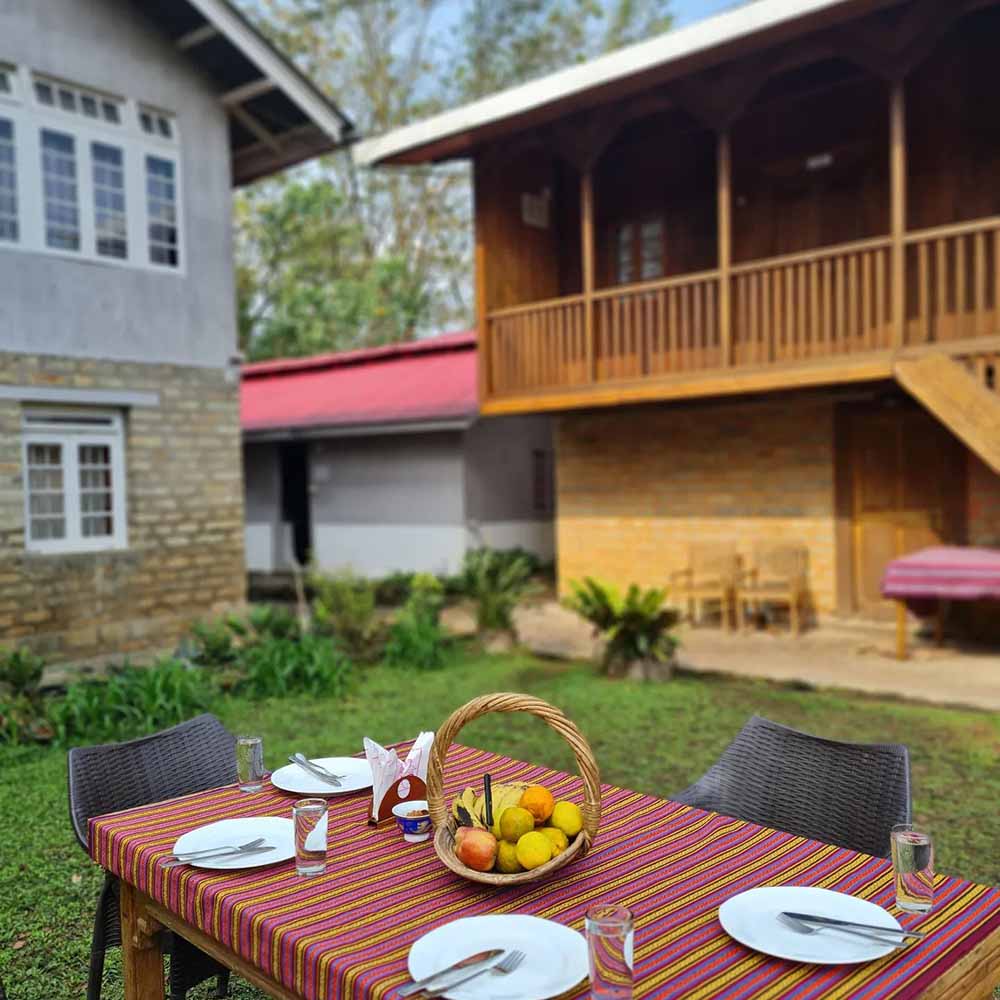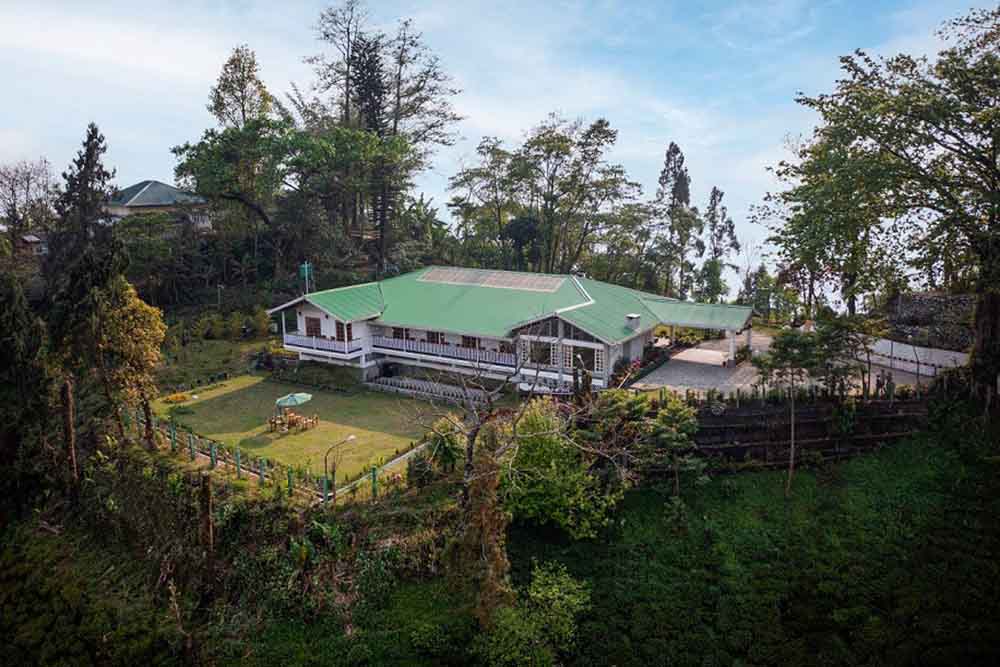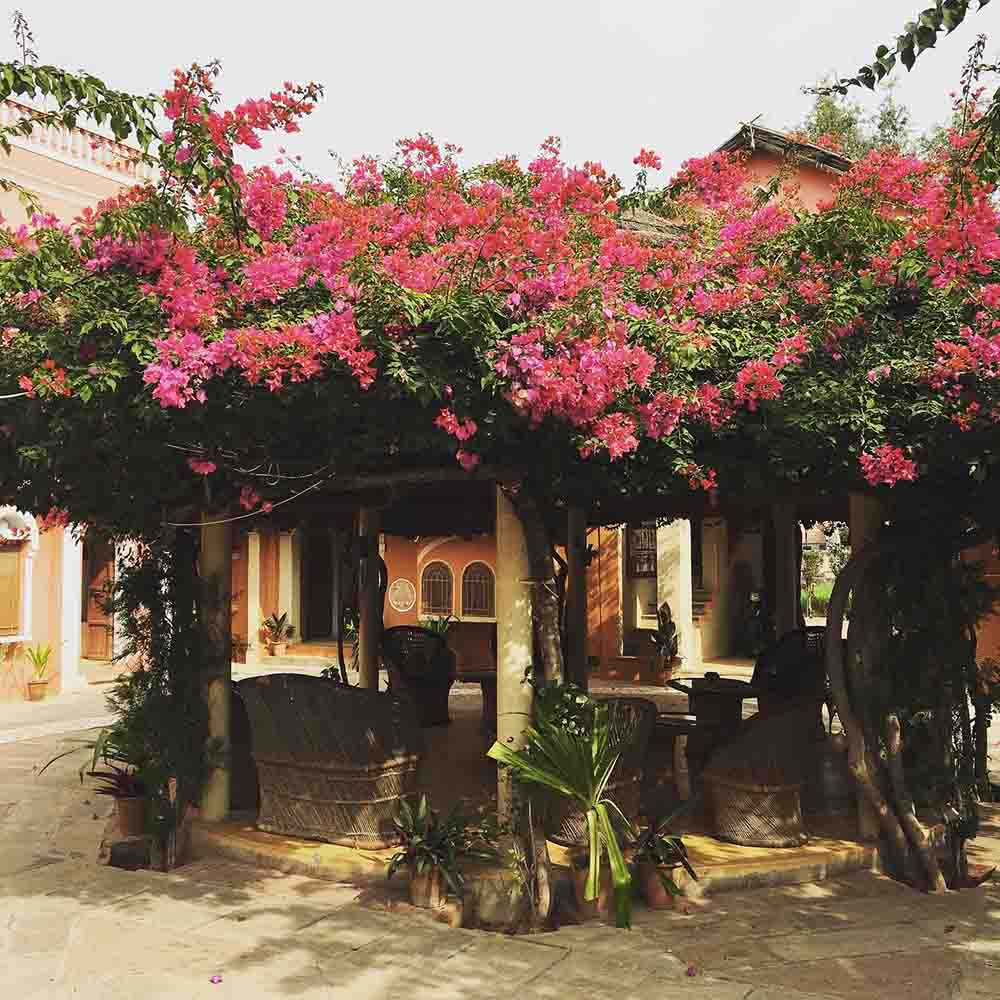As the last few years have established, sustainability is critical to the future of our planet and the people who live on it. And it matters for the ecological and social impact of tourism, too: many humble property owners have community-centred, socially responsible, environmentally sensitive operations as the focus of their ethos which many hospitality giants continue to ignore. These homestays are helping redefine hospitality in ways that benefit the guests, locals and the environment.
Yangsum Heritage Farm, Rinchenpong, West Sikkim

Run by Thendup Tashi and his wife, Pema, the 44-acre mountain farm consists of open mixed forest of pine, Himalayan alder, schima, chestnut, magnolia, rhododendrons, and cherry. At Yangsum, visitors experience fresh, hearty meals prepared from fresh organic farm produce cultivated within the premises – the must-haves are Sikkim cheese, and nettle soup. Visitors also have the option to learn the art of cooking Sikkimese cuisines at the farmhouse. The accommodation is simple and rustic with Tibetan-style wood panelled rooms. Yangsum Heritage Farm is located two kilometres from the Rinchenpong small bazaar village at an altitude of 1500 metres and is a four-hour drive from Bagdogra airport.
Click to know more.
Olaulim Backyards, Goa

Olaulim Backyards is located in the quaint little unspoilt village of Olaulim, around 12 kilometers from Panjim. The property is situated on the Mandovi backwaters, with gorgeous views of fields along the river bank. It is about an hour’s drive away from Dabolim airport.
The cottages are wooden, built with local materials and framed by coconut trees and wildflowers. Rooms are technology-free with no internet access, television, air-conditioning or mini-bar. All cottages have vintage or hand-made wooden furniture, an enclosed outdoor shower and there’s a pool overlooking the river.
The hosts, Savio and Pirkko, can guide you on village walks, cycle rides or help you explore Goa with tours to popular markets, forts and churches. They can also arrange kayaking, scuba diving, river rafting or learning pottery with one of Goa’s best-known sculptors.
Click to know more.
Makaibari Tea Estate Homestays, Kurseong, West Bengal

Founded in 1852, the Makaibari tea plantations are known to be among the finest sources of tea in India. It is also one of the oldest tea gardens in Darjeeling and employs around 700 workers and 45 staff from the regions around. The locals here have opened their houses to welcome guests. The humble stay offers three meals which include wholesome food cooked using local produce. The homestay programme is managed by the self-help group 'Volunteer in Makaibari', and its profits are shared between the ladies of the community who participate in the programme.
Click to know more.
Apani Dhani Eco-Lodge, Nawalgarh, Rajasthan

This family-run guesthouse is inspired by local architecture and incorporates natural resources indigenous to the region. The food served is sourced locally and from the guesthouse’s garden. The property uses solar-power for lighting and hot water, organic agriculture, water management and recycling. The Eco-lodge is situated in Nawalgarh, a town known for its havelis adorned with wall paintings. Apani Dhani also supports local projects in education, environment and heritage conservation by donating five per cent of their room revenue. The property is well connected by bus and train with Delhi, Jaipur, Bikaner and Jodhpur, Nawalgarh also offers an excellent base for exploring the countryside and surrounding villages.
Click to know more.
The Fragrant Sun, Mulshi

The Fragrant Sun is an eco-friendly, remote homestay by the Mulshi lake - a 3.5-hour drive from Mumbai. Made of mud, bricks and wood, the owners, Kavita and Sanjeev Berry, are passionate about sustainable living. The property was nominated for the Responsible Tourism India Award 2018 for the Best Earth Home. You can savour exotic meals with a local twist including tacos and salads on the sewing machine-styled tables or wood-fired pizzas for dinner by the bonfire.
Click to know more.